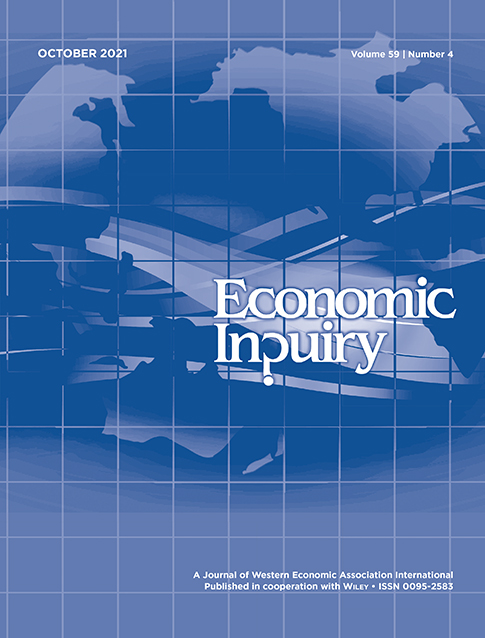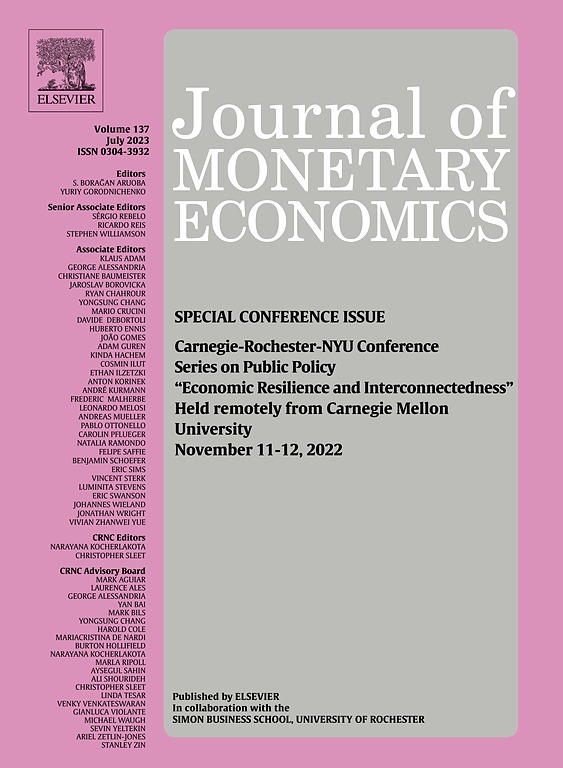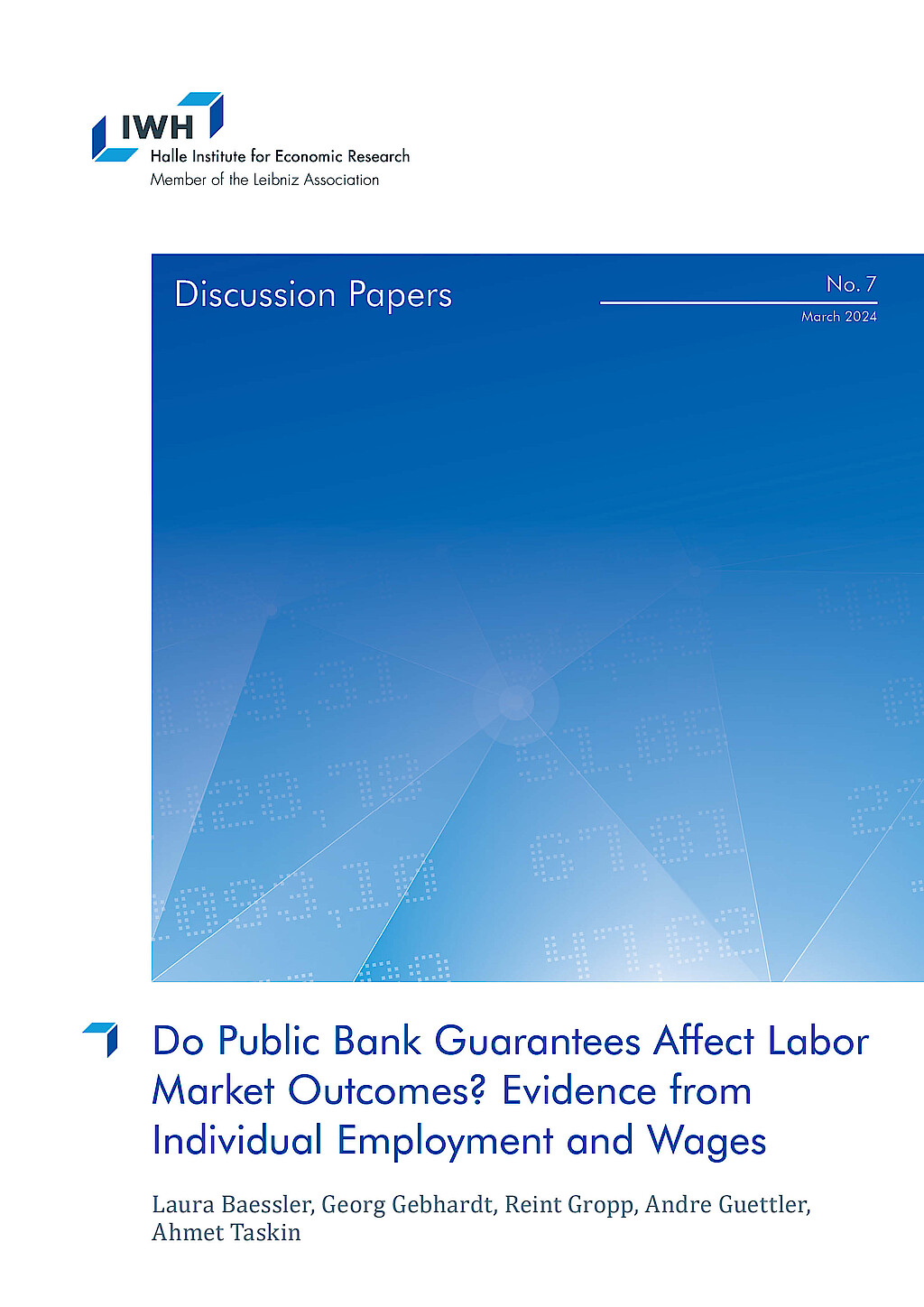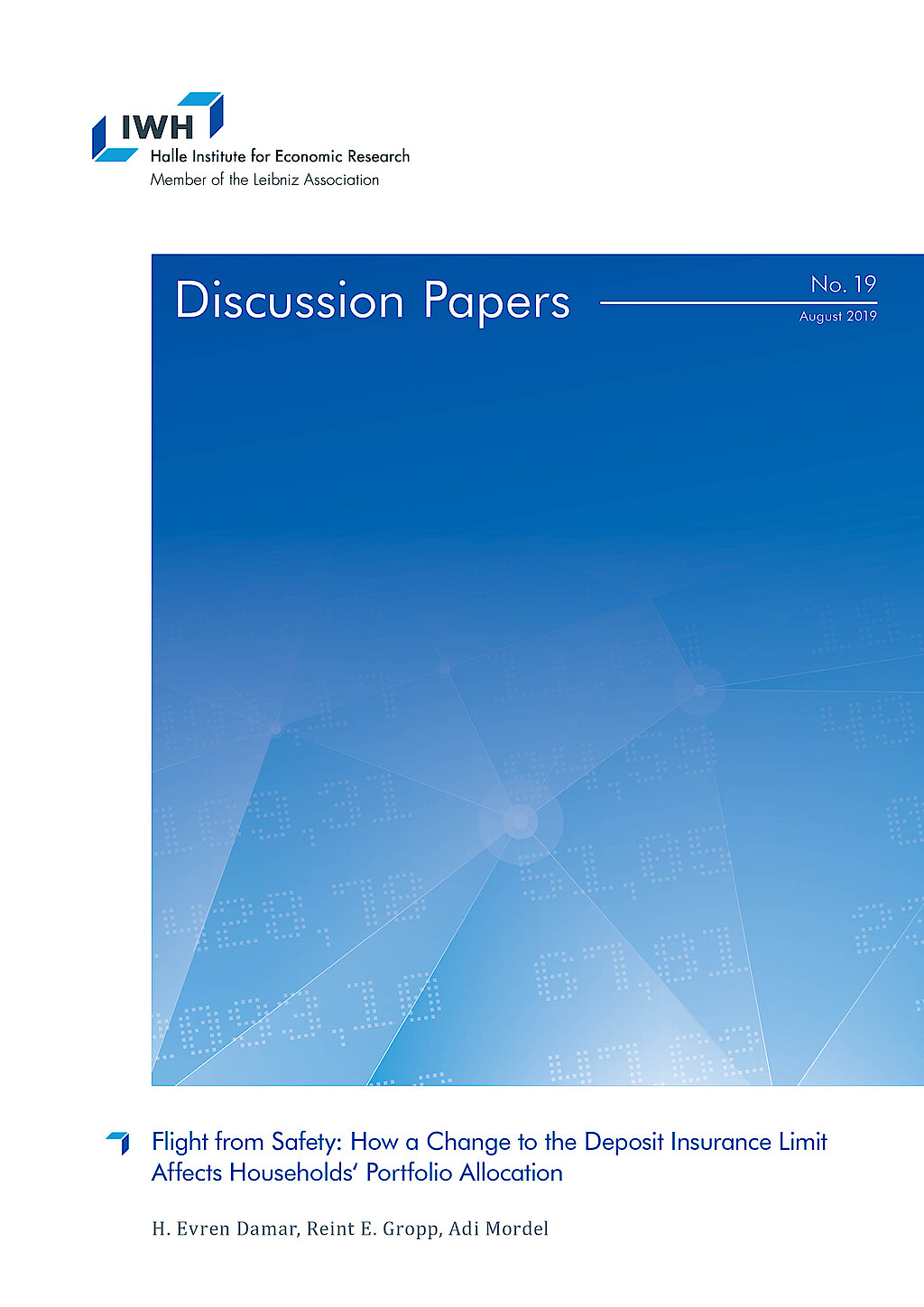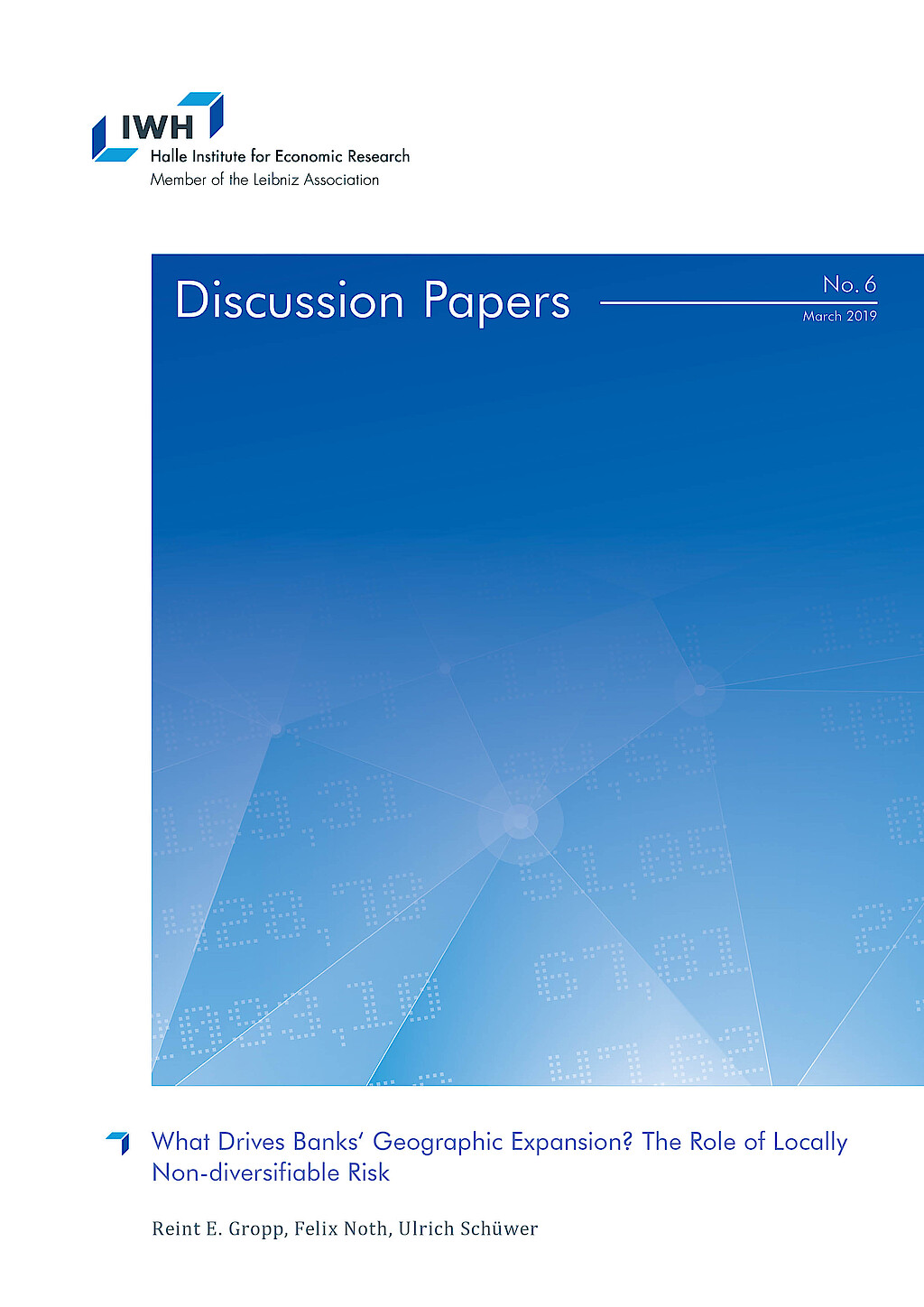Professor Reint E. Gropp, PhD

Current Position
since 11/14
President
Halle Institute for Economic Research (IWH) – Member of the Leibniz Association
since 10/14
Professor of Economics
Otto von Guericke University Magdeburg
Research Interests
- financial economics
- macroeconomics
- corporate finance
- money and banking
Reint E. Gropp has been the President of IWH and Full Professor of Economics at the Otto von Guericke University Magdeburg since 2014. He is Associate Fellow of the Centre for Economic Policy Research (CEPR) and serves as consultant for various central banks.
Reint E. Gropp studied economics at the universities of Freiburg and Wisconsin-Madison, where he obtained a PhD in 1994. Prior to his appointment at the IWH, he held the endowed Chair for Sustainable Banking and Finance at Goethe-University Frankfurt am Main and worked for the International Monetary Fund (IMF) as well as the European Central Bank (ECB), where he was Deputy Head of the Financial Research Division.



